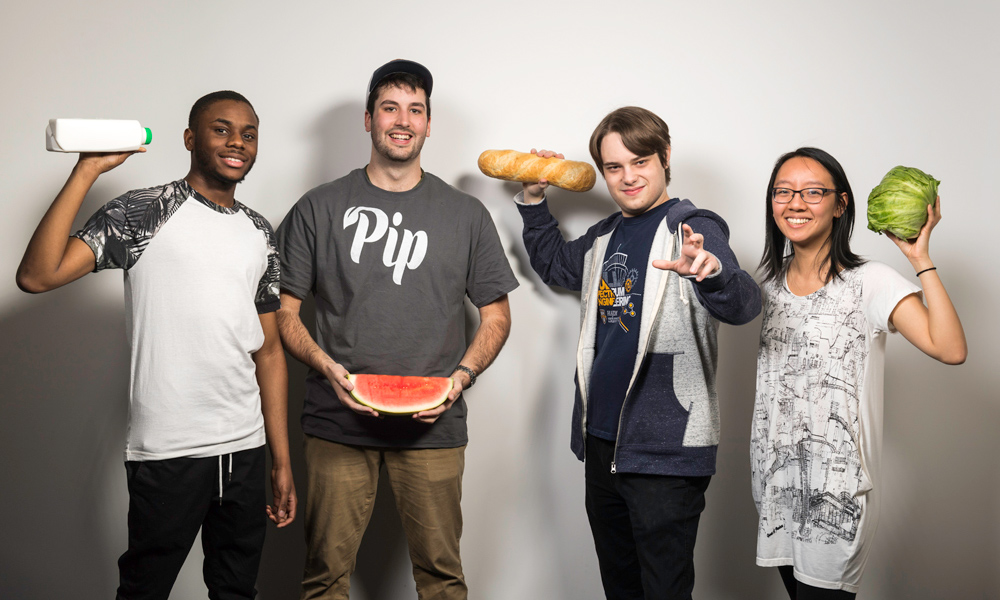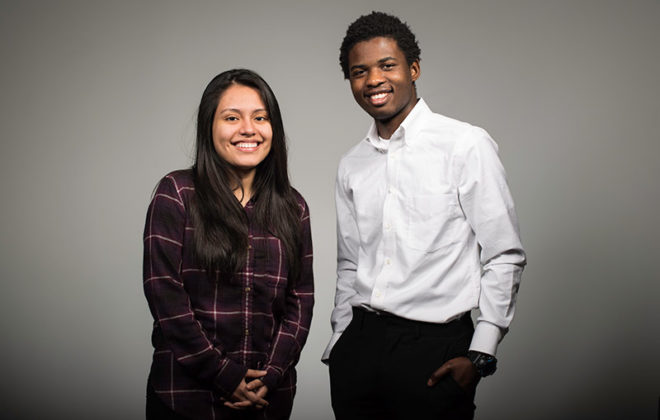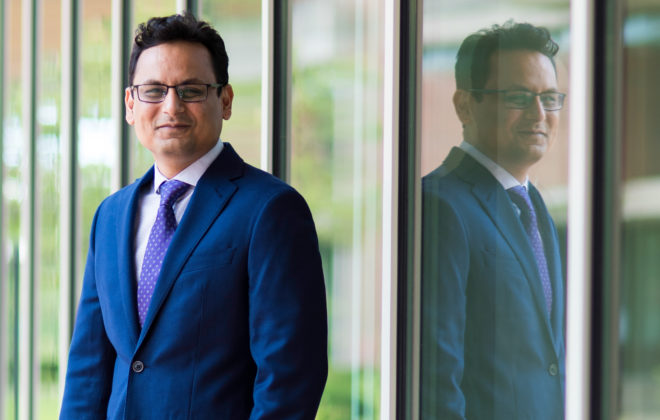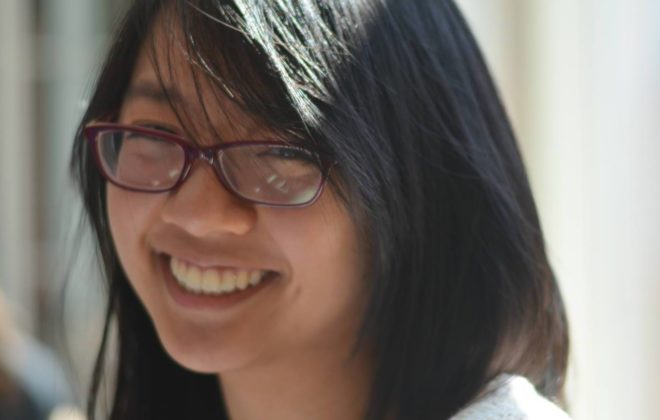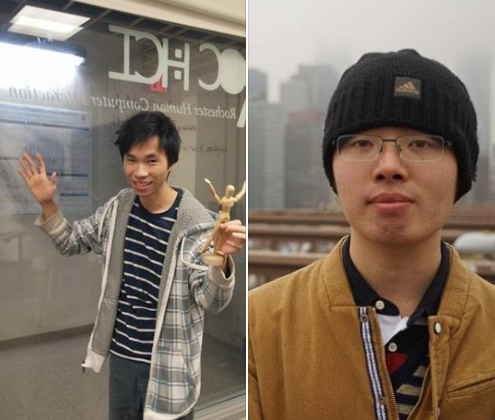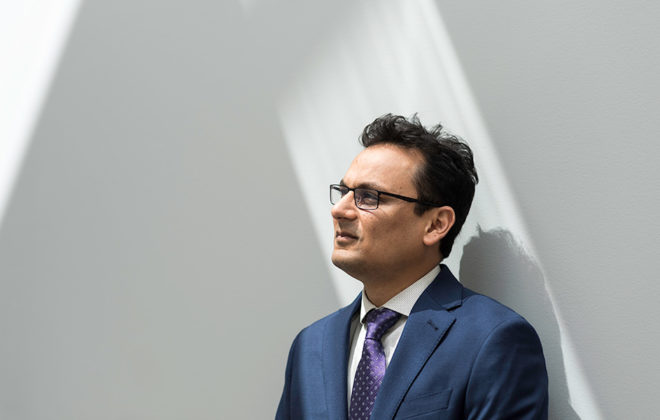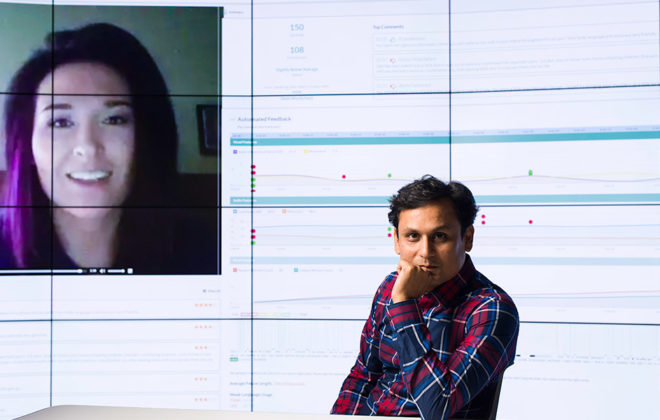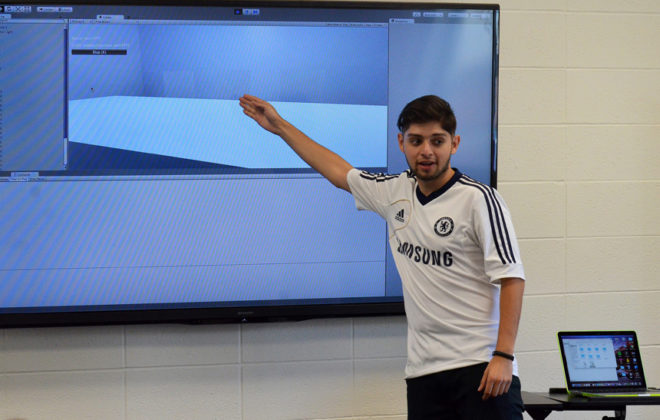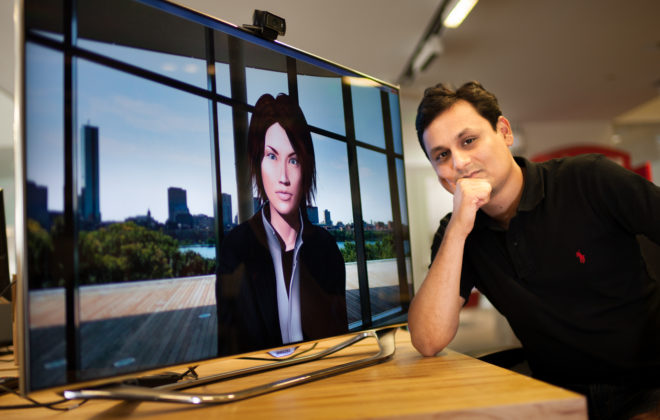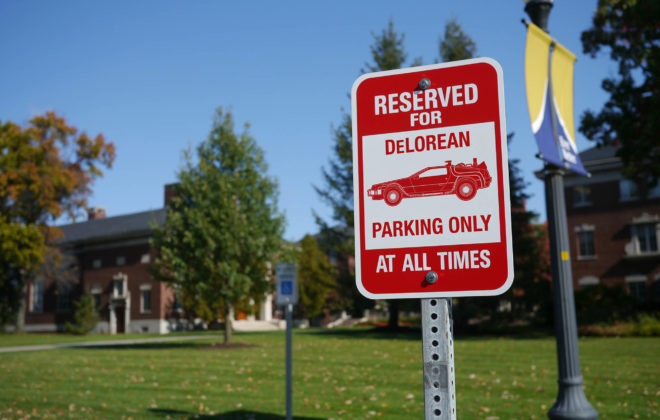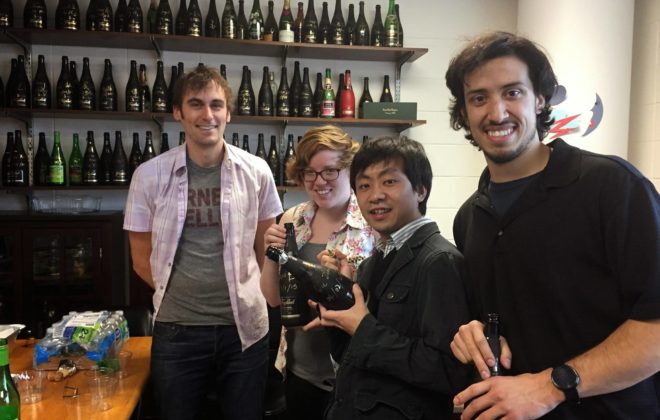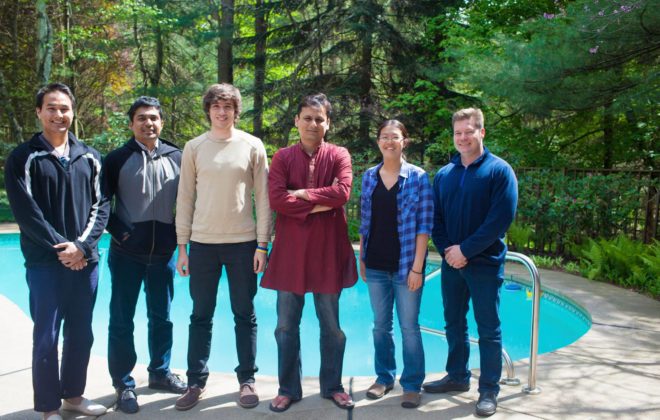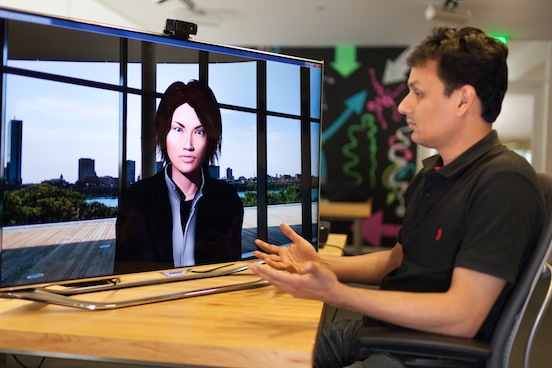Vivian Li helps develop a voice-enabled mobile app that works with smart home assistants
Vivian Li ’18 lives off campus and cooks all of her own food in order to save money. There’s one drawback. “I sometimes leave food in the fridge and—‘oh!’—two weeks later, it’s fuzzy,” she says.
Ashely Tenesaca ’20 wins Davis Projects for Peace
Tenesaca, undergraduate research assistant in the ROC HCI lab, will use the grant to create a water supply system in Zimbabwe for a project titled “Water for Peace: Solving Mukwerera Conflict through Provision of Sustainable Water Supply.”
Hoque receives NSF CAREER Award
Award to study team dynamics, exchange of respectful behavior and productivity.
Epstein, in collaboration with ROC HCI, wins prestigious American Cancer Society Clinical Research Professorship
Ronald M. Epstein, M.D., professor of Family Medicine, Psychiatry, Oncology to continue his studies of doctor-patient communication using AI.
Vivian Li receives a CRA undergraduate research award honorable mention
Vivian Li receives a CRA undergraduate research award honorable mention.
Ehsan Hoque, among ‘10 Scientists to Watch’
Ehsan Hoque has been named Science News 10 Scientists to Watch List for 2017.
ROC HCI wins two best paper nominations
Congrats to Xiong Zhang for an Honorable Mention at UIST 2017 (paper:https://goo.gl/sjXrhp) and Ru Zhao for a Best Paper Nomination at Affective Computing and Intelligent Interaction – ACII (paper: https://goo.gl/KHojeC).
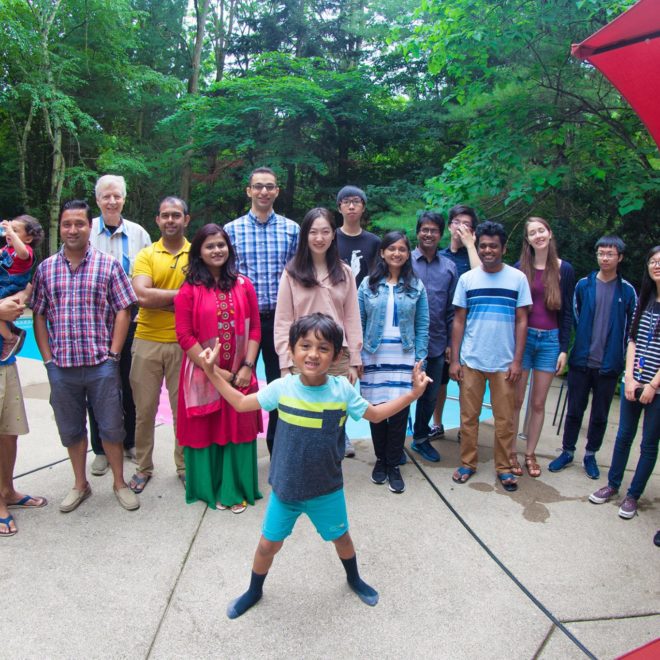
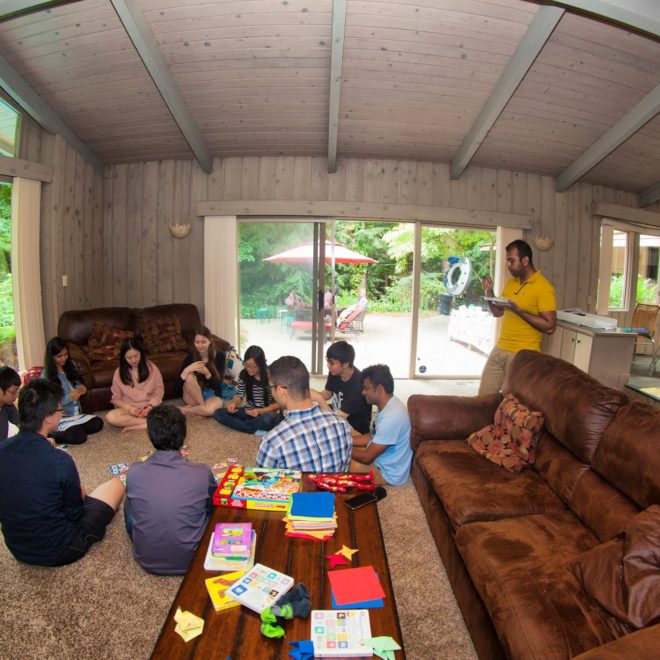
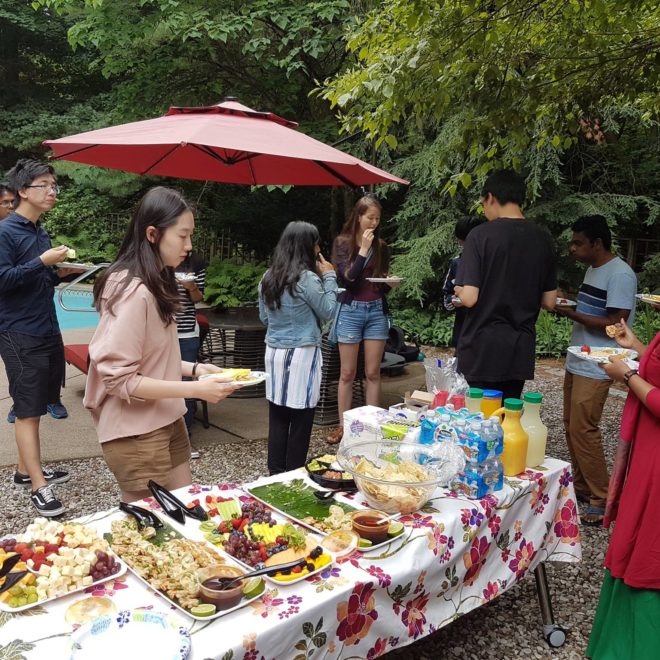
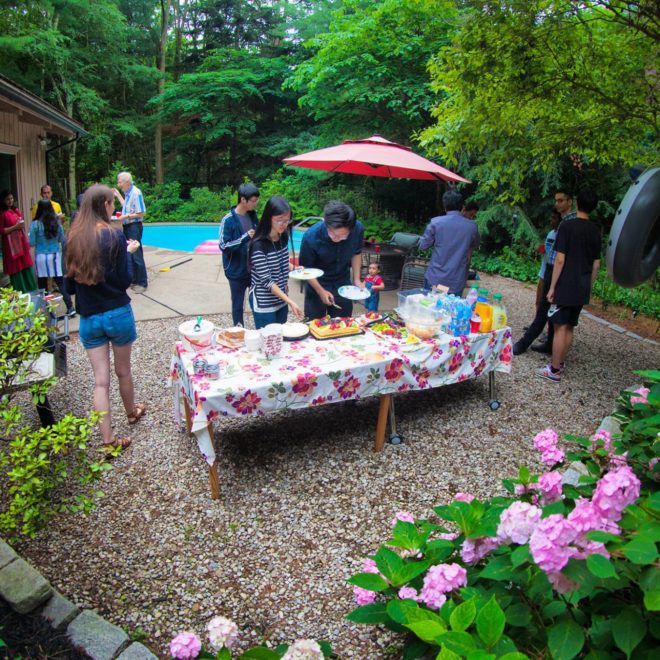
ROC HCI Summer party 2017
A beautiful day to the celebrate all the members of the ROC HCI Lab and their accomplishments.
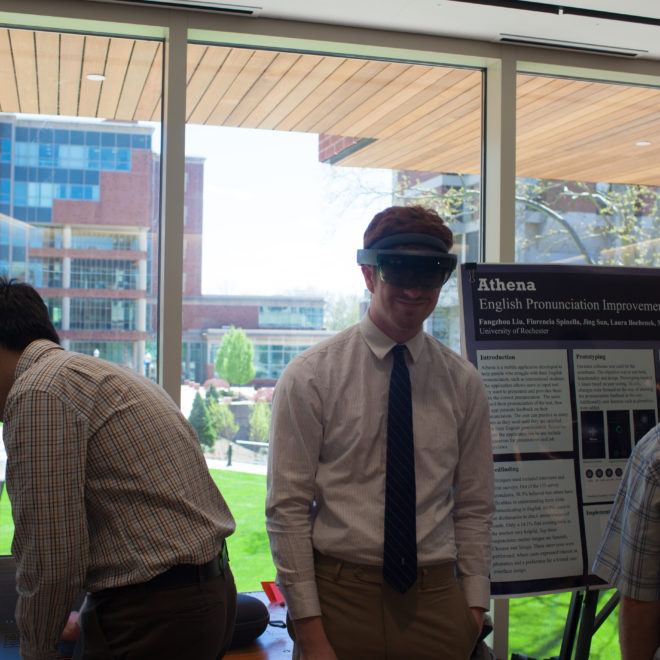
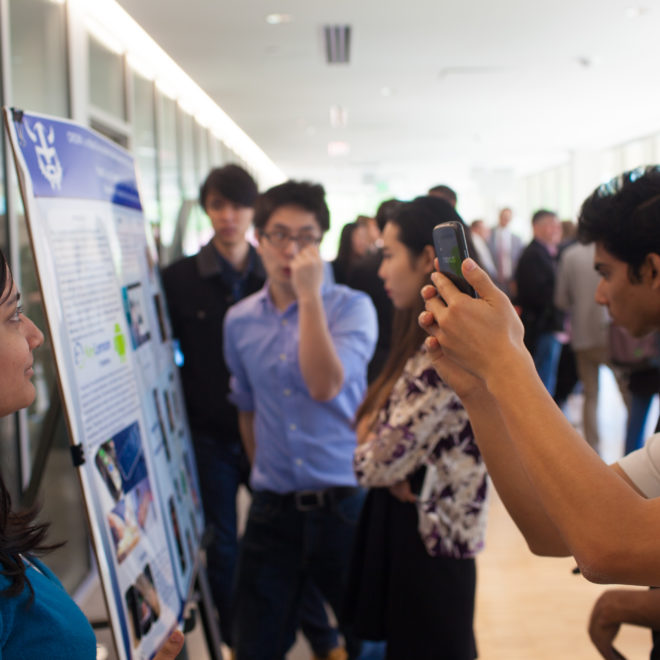
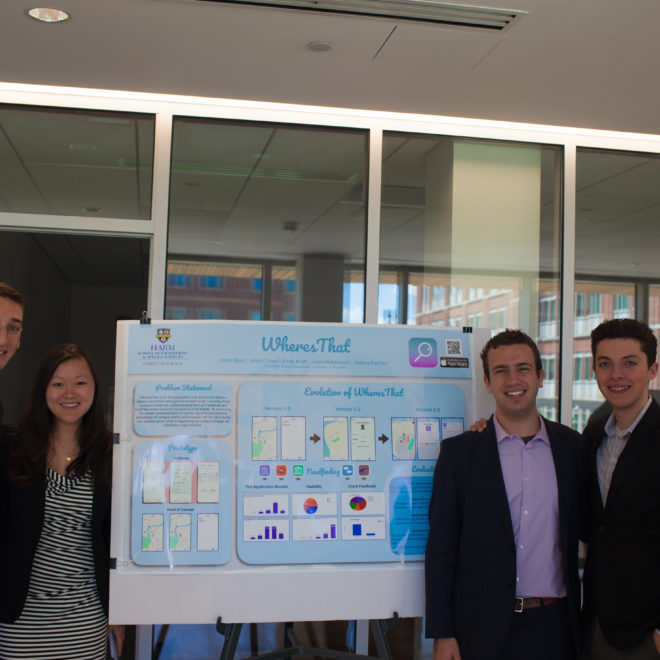
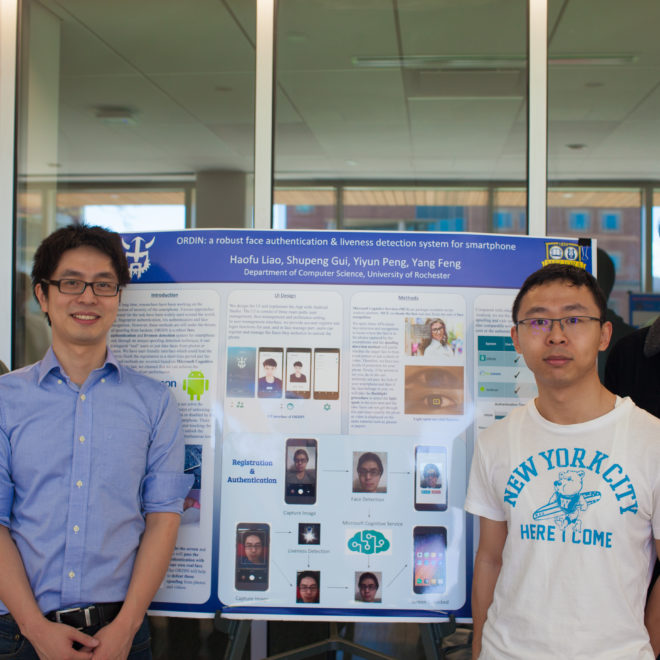
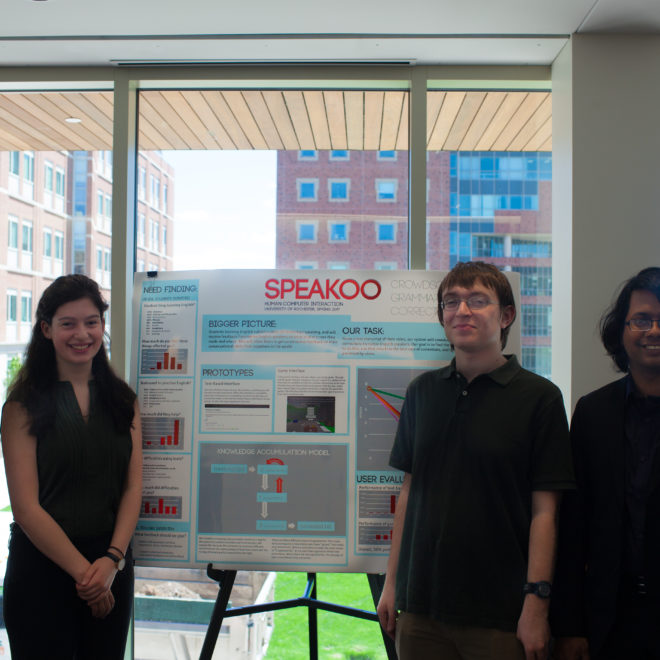
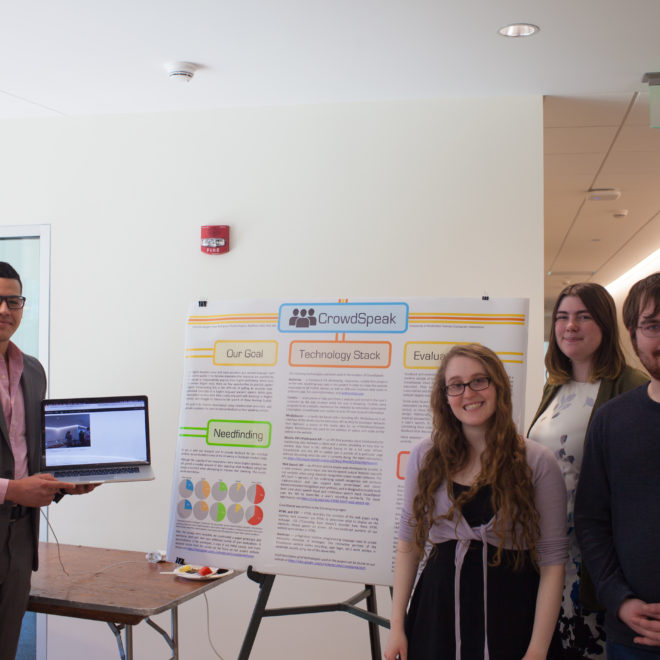
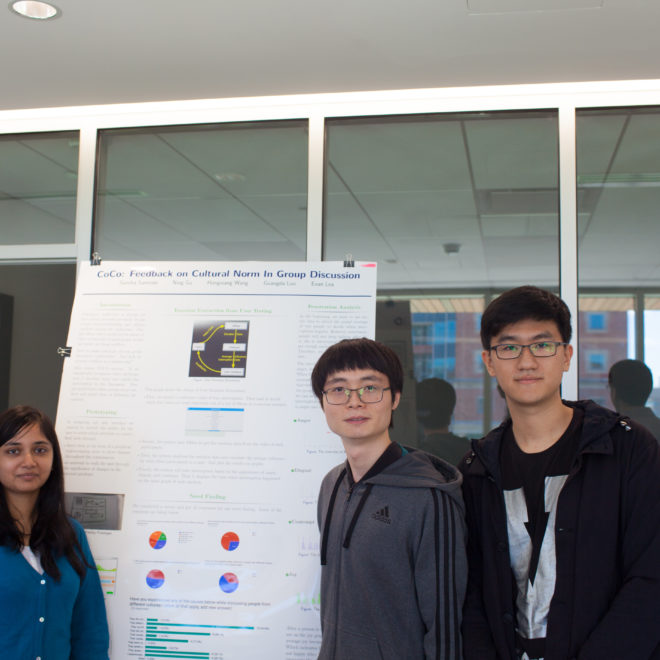
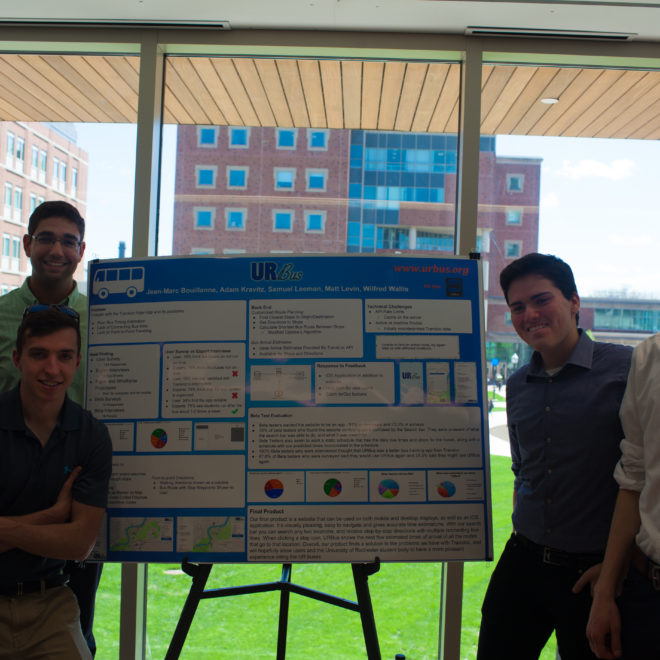
Human-Computer Interaction class creates programs, apps to improve lives
In many traditional computer science classes, students acquire a specific set of technical skills such as programming or algorithm design. In Ehsan Hoque’s Human-Computer Interaction class, along with acquiring new technical skills, students spend time thinking creatively about computers and ways they can use computing to solve pressing problems in society.
Hoque an inaugural member of Future of Computing Academy
The academy is an initiative of the Association for Computing Machinery (ACM), the world’s largest scientific and educational computing society, to enable “the next generation of researchers, practitioners, educators, and entrepreneurs to develop a coherent and influential voice that addresses challenging issues facing the field and society in general.”
Hoque receives World Technology Award
Ehsan Hoque, a computer scientist at the University of Rochester, has been recognized as a leading innovator in human-computer interaction with a World Technology Award from the World Technology Network.
Hoque receives MIT TR35 Award
Ehsan Hoque, assistant professor of computer science, is in rare company. The editors of MIT Technology Review have named Hoque one of this year’s “innovators under 35”
Luis Nova gets highlighted by the Hajim College of Engineering.
“The goal is to develop a conferencing application that senses many aspects of human behavior to assess group dynamics,” explained Luis Nova, a rising junior in computer science who joined the group this summer as a Xerox fellow.
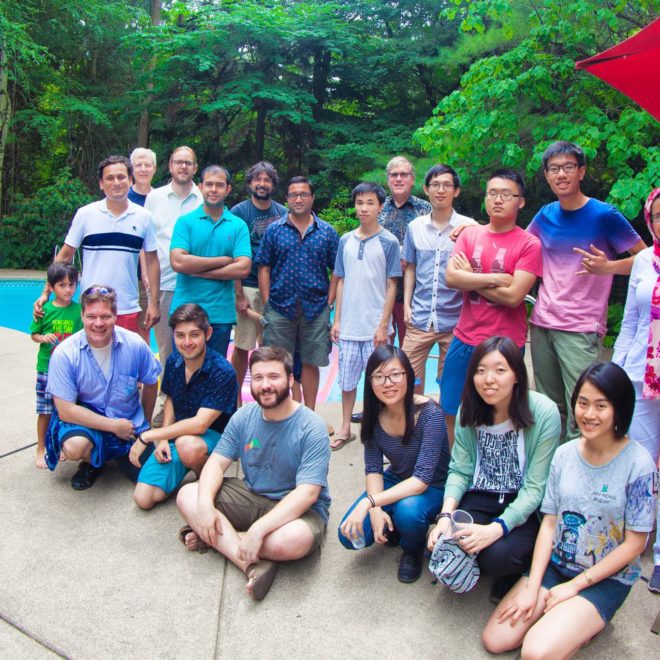
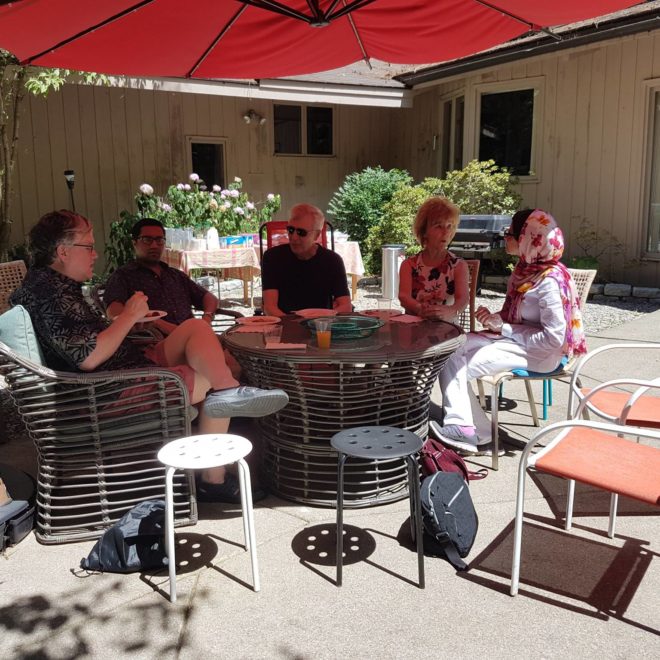
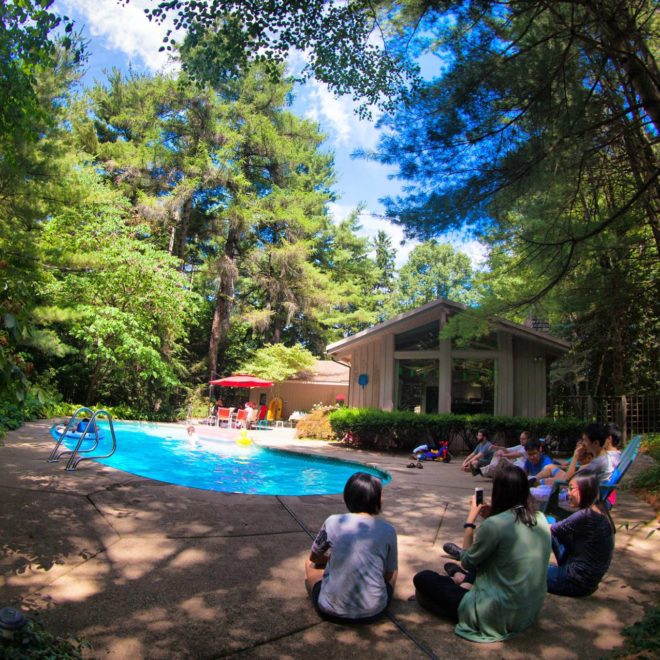

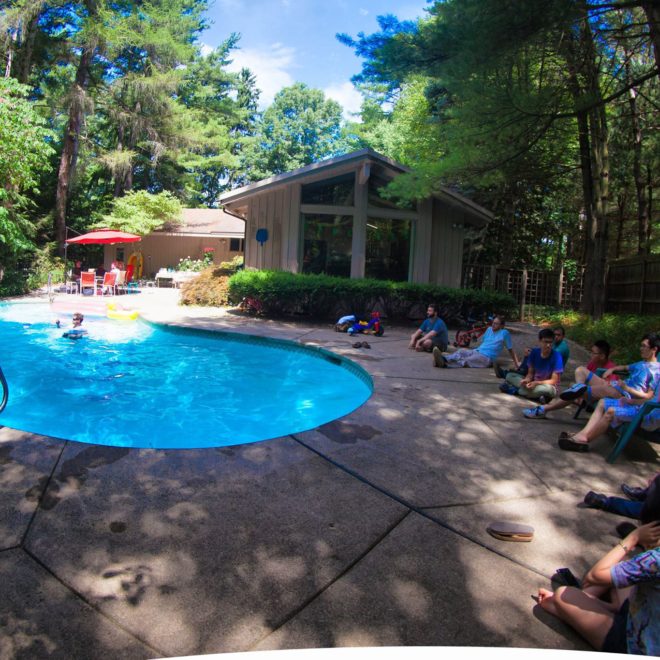

ROC HCI Summer party 2016
Snippets from ROC HCI summer party at Ehsan’s house with students and collaborators.
Cloud computing changes the way we practice public speaking
People often rank public speaking as the number one fear that they face. New cloud-based technology from researchers at the University of Rochester lets speakers polish and practice at home in front of their computer camera, while the analysis provides instant feedback about improvement.
Good publicity helped draw attention to grant-worthy project
Ehsan Hoque had just defended his PhD dissertation at MIT in 2013 when he returned to his desk and found a voice mail from DARPA, the federal Defense Advanced Research Projects Agency.
Its back to the future day.
UofR homepage presents some of our research to highlight this day.
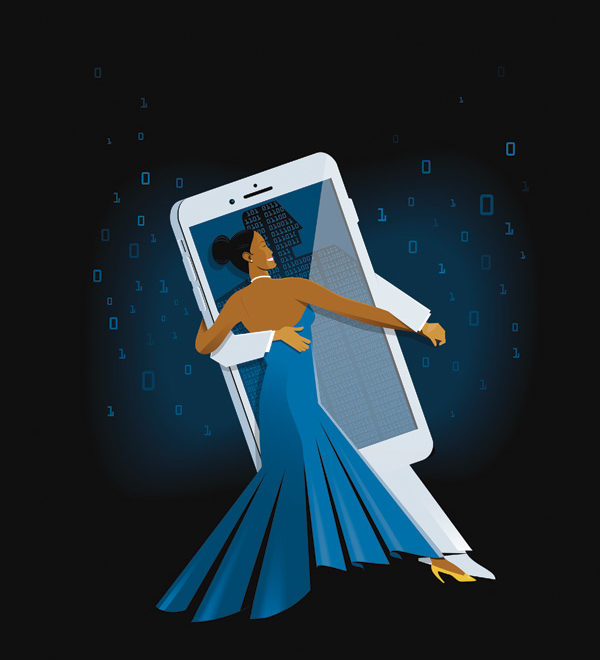
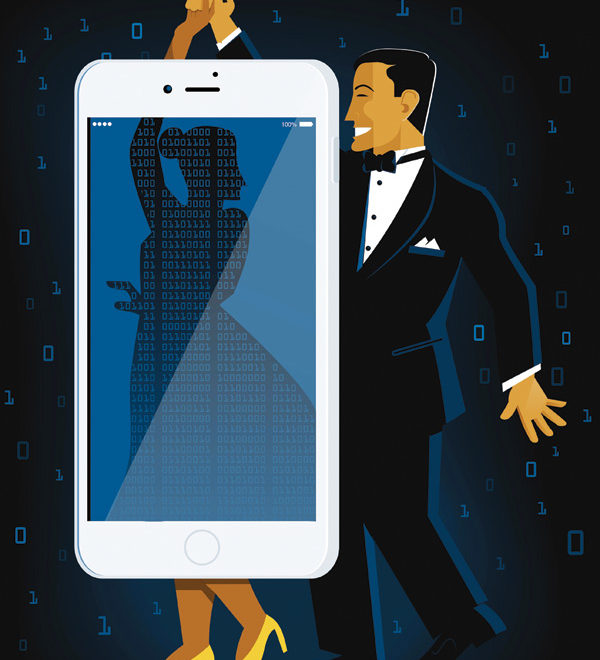
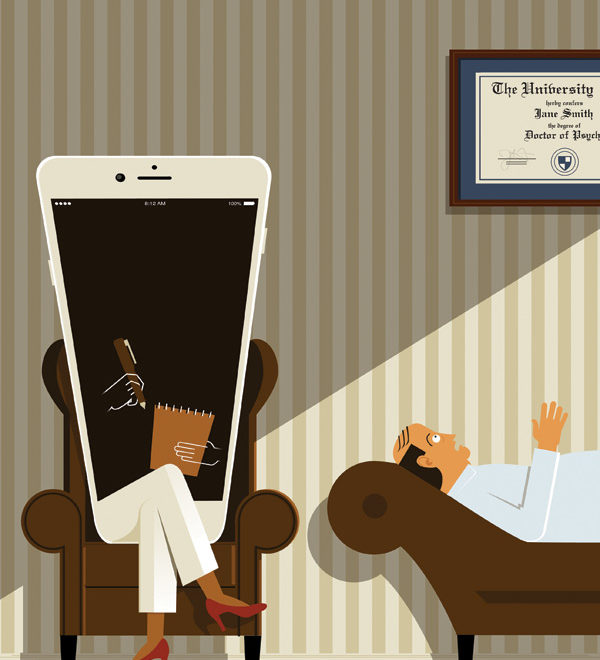
Dancing with Computers
In the field of human-computer interaction, computer science meets human behavior.
First set of ROC HCI PhD grauates
Congrats to the first round of Ph.D. graduates (advised by Jeff Bigham) from ROC HCI. Walter Lasecki will be joining the CSE dept. of University of Michigan, Erin Brady will be joining the School of Informatics and Computing at IUPUI, and Yu Zhong will be joining the Google Accessibility team.
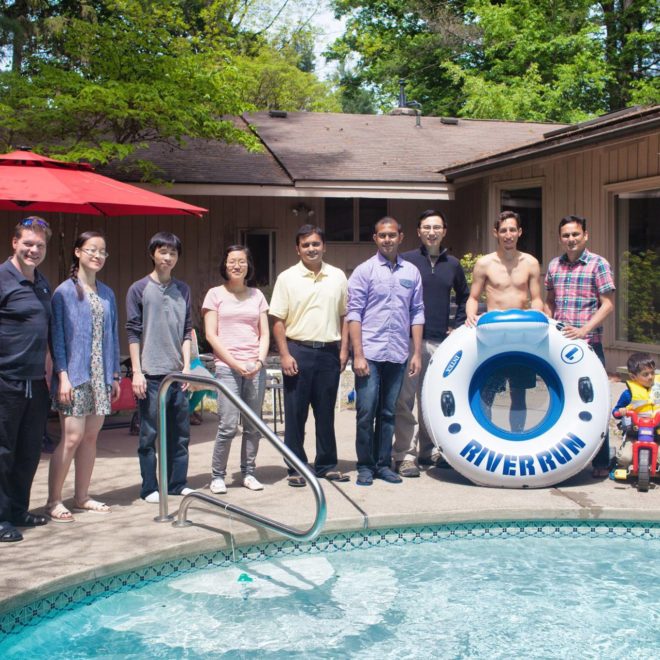

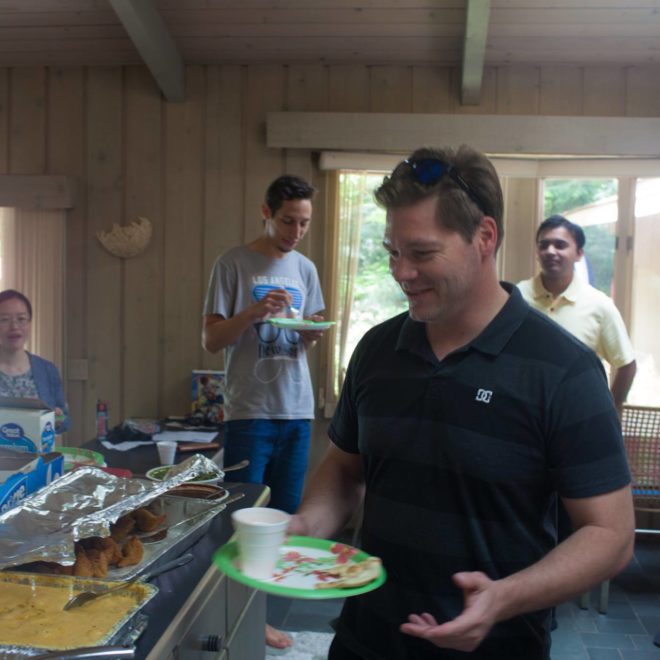

ROC HCI Summer party 2015
ROC HCI summer gathering at Ehsan’s house to celebrate the accomplishments in Spring of 2015 and to a productive summer.
Smart glasses app helps tame the fear of public speaking
Public speaking, for many, can make palms sweat and hearts race. Now, researchers from the Human-Computer Interaction group at the University of Rochester have developed a new real-time feedback system using Google’s smart glasses, to help guide your performance as you speak in front of an audience.
What If Job Interviews Were Automated?
The ritual of the interview is nerve-wracking for interviewees and laborious for interviewers. But what if the process of selecting the right candidate for a job were automated? Heads up—the future of job interviews might just involve computerized analysis of your performance.
ROC HCI Summer party 2014
Part of the ROC HCI research team celebrating the sun and the long-anticipated arrival of summer at Ehsan’s house.
Researcher Wins Best Paper Award for Automated Interview Coach
University of Rochester researcher M. Ehsan Hoque has won a best paper award at the 2013 ACM International Joint Conference on Pervasive and Ubiquitous Computing (UbiComp 2013) for a computer system designed to help people practice social interactions.

